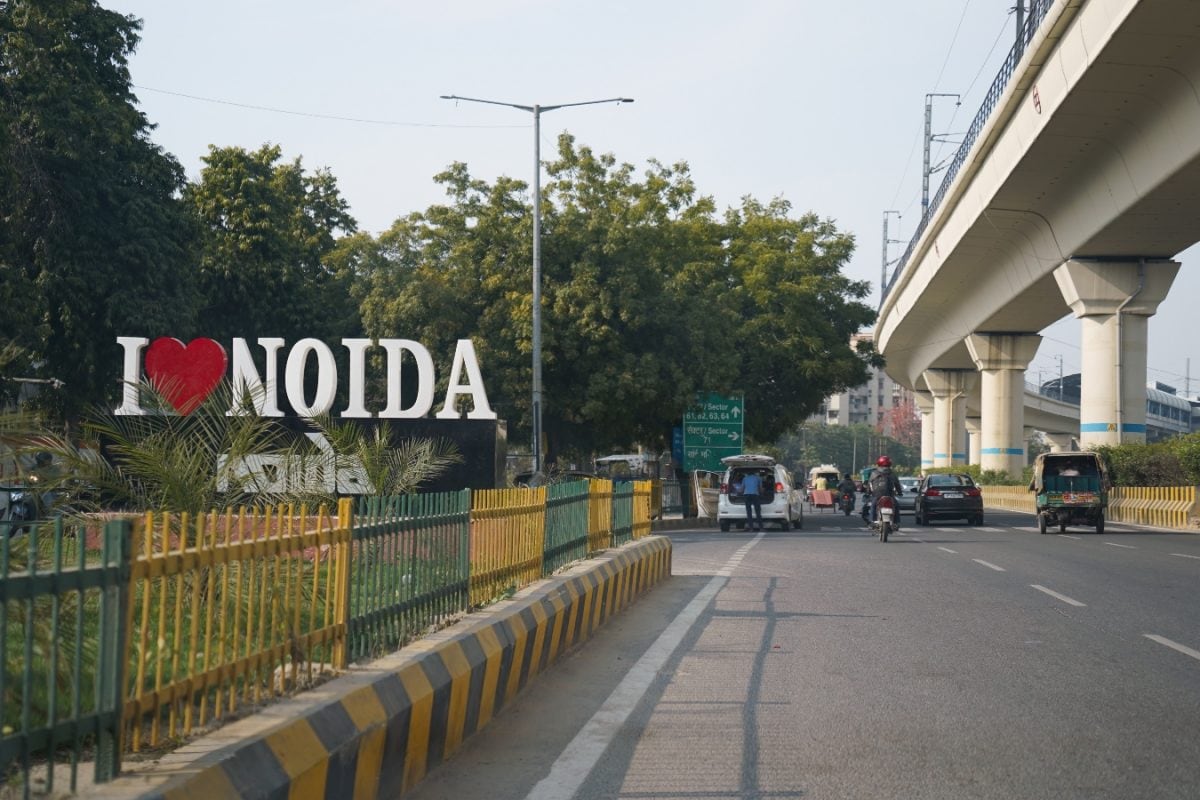

In a significant move to bolster India's semiconductor manufacturing capabilities, the Union Cabinet, led by Prime Minister Narendra Modi, has approved the establishment of a new semiconductor facility in Uttar Pradesh. This will be the sixth semiconductor unit approved under the India Semiconductor Mission, joining five others already in advanced stages of construction. The project, a joint venture between Indian IT major HCL and Taiwanese electronics giant Foxconn, will be located in the Yamuna Expressway Industrial Development Authority (YEIDA) region, near the upcoming Noida International Airport at Jewar.
The new facility will focus on producing display driver chips, essential components used in smartphones, laptops, personal computers, automobiles, and other consumer electronics with visual displays. Designed for a production capacity of 20,000 wafers per month, the plant aims to output 36 million units monthly, significantly boosting India's semiconductor capabilities. The project involves an investment of ₹3,700 crore.
Chief Minister Yogi Adityanath expressed gratitude to Prime Minister Narendra Modi, calling the Cabinet's decision to set up the semiconductor unit in Greater Noida a "historic stride" toward realizing the vision of 'Atmanirbhar Bharat'. He noted that the unit will produce display driver chips for various devices, propelling India towards global leadership in semiconductor manufacturing and establishing Uttar Pradesh as a powerhouse in high-end electronics and semiconductor production.
This initiative aligns with India's broader goal of achieving a self-sufficient semiconductor ecosystem and reducing reliance on imports. The India Semiconductor Mission aims to strengthen the country's electronics manufacturing capabilities, and this new unit marks a significant step forward. The project reflects the continued momentum of the mission, with increasing participation from global and domestic players.
The Centre's announcement highlights the expanding chip ecosystem across India. World-class design facilities are emerging in several states, with state governments actively attracting design and fabrication firms. Data indicates that students and entrepreneurs in 270 academic institutions and 70 startups are engaged in advanced chip design technologies. Notably, 20 products developed by students have already reached the "taped out" stage at SCL Mohali, signifying progress towards physical chip manufacturing.
Noida, Greater Noida, and the Yamuna Expressway region have emerged as a hub for IT and electronics manufacturing. This belt has contributed significantly to mobile phone manufacturing and component production in India. The presence of major companies like Samsung, Oppo, and Vivo, along with the upcoming Jewar Airport, further enhances the region's attractiveness for investment. The Uttar Pradesh government is actively promoting the region as an electronics manufacturing zone, attracting both domestic and international companies.
With the establishment of this sixth semiconductor unit, India is taking significant strides towards becoming a global hub for semiconductor manufacturing. The HCL-Foxconn partnership brings together decades of hardware development experience and global expertise in large-scale electronics manufacturing. This collaboration, coupled with the expanding semiconductor ecosystem and government support, positions Noida and the surrounding region as a major IT, mobile, and electronics hub, contributing to India's journey towards self-reliance and global leadership in the semiconductor industry.